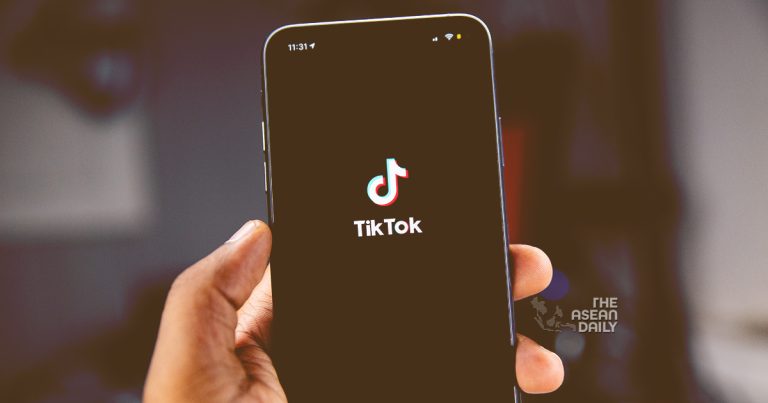27-10-2023 (KUALA LUMPUR) In response to accusations by the Malaysian government that it was limiting pro-Palestinian content, TikTok, the popular social media platform, has firmly denied these claims. Malaysia, a predominantly Muslim country, had expressed concerns about social media companies, including TikTok and Meta, allegedly restricting content that supports Palestinians.
Meta, the parent company of Facebook, swiftly responded, refuting these allegations and asserting that they were not intentionally suppressing any voices on their platforms. TikTok, through a spokesperson’s email statement to Reuters on Friday, similarly rejected Malaysia’s assertions that it was obstructing pro-Palestinian content.
The TikTok spokesperson stated, “The claim is unfounded. Our community guidelines apply equally to all content on TikTok, and we’re committed to consistently enforcing our policies to protect our community.”
Both Meta and TikTok have designated Hamas, the Palestinian Islamist group governing Gaza, as a “dangerous organization” and have policies against content that praises it. The recent conflict in the region, which erupted on October 7 when Hamas members attacked communities in southern Israel, has led to significant casualties. Israel reports the loss of approximately 1,400 lives, including children, with more than 200 people, including infants, taken hostage during the assault.
On the Palestinian side, the Hamas-controlled Gaza health ministry reported that 7,028 Palestinians had been killed in Israel’s retaliatory airstrikes, including 2,913 children. It’s important to note that Reuters has been unable to independently verify these casualty figures.
In response to the ongoing conflict and the content posted on their platforms, both Meta and TikTok have taken steps to enhance content moderation. They have been removing or labeling graphic material to mitigate the spread of harmful content. Meta disclosed in mid-October that it had taken down or labeled nearly 800,000 pieces of content in Hebrew and Arabic in the days following the October 7 attack. TikTok, likewise, announced this week that it had removed over 775,000 videos and 14,000 livestreams since the onset of the conflict.




